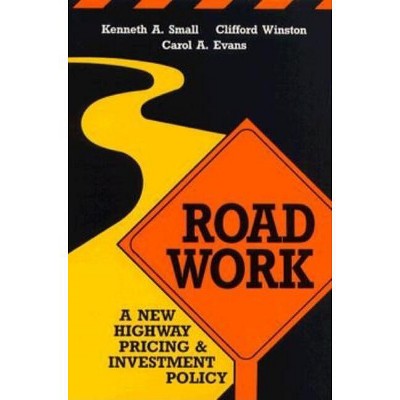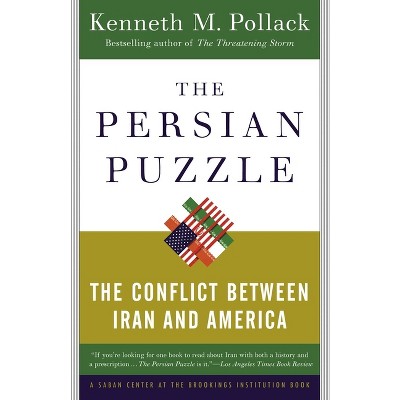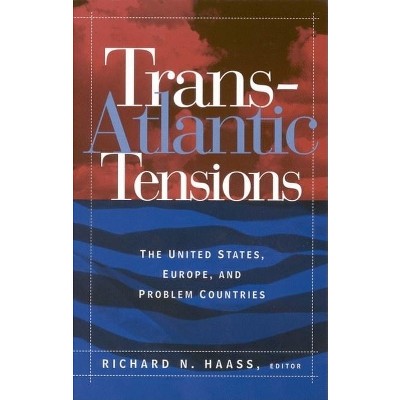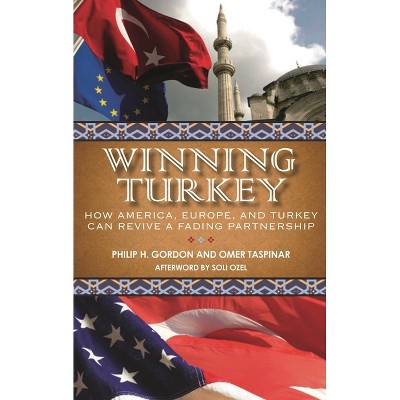Which Path to Persia? - by Kenneth M Pollack & Daniel L Byman & Martin S Indyk (Paperback)

About this item
Highlights
- "Crafting a new policy toward Iran is a complicated, uncertain, and perilous challenge.
- About the Author: Kenneth M. Pollack is director of research at the Saban Center for Middle East Policy at the Brookings Institution.
- 254 Pages
- Political Science, International Relations
Description
About the Book
"Crafting a new policy toward Iran is a complicated, uncertain, and perilous challenge. Since it is an extremely complex society, with an opaque political system, it is no wonder that the United States has not yet figured out the puzzle that is Iran. With the clock...
Book Synopsis
"Crafting a new policy toward Iran is a complicated, uncertain, and perilous challenge. Since it is an extremely complex society, with an opaque political system, it is no wonder that the United States has not yet figured out the puzzle that is Iran. With the clock ticking on Iran's pursuit of nuclear capabilities, solving this puzzle is more urgent than ever.
In Which Path to Persia? a group of experts with the Saban Center for Middle East Policy at Brookings lays out the courses of action available to the United States. What are the benefits and drawbacks of airstrikes? Can engagement be successful? Is regime change possible? In answering such questions, the authors do not argue for one approach over another. Instead, they present the details of the policies so that readers can understand the complexity of the challenge and decide for themselves which course the United States should take.
"Review Quotes
"In this straightforward and jargon-free book, six American commentators and policy analysts offer a menu of options that Washington can pursue in its dealings with Tehran." -- "Library Journal"
"Pollack, research director for the Saban Center, collaborates with five colleagues for this timely and cogent analysis of U.S.-Iranian relations.... [they] carefully identify the potential missteps facing policymakers in this valuable-if wonky-primer." -- "Publishers Weekly"
About the Author
Kenneth M. Pollack is director of research at the Saban Center for Middle East Policy at the Brookings Institution. His books include A Path out of the Desert: A Grand Strategy for America in the Middle East (Random House). Daniel L. Byman is a senior fellow at the Saban Center, director of the Center for Peace and Security Studies at Georgetown University, and author of The Five Front War: The Better Way to Fight Global Jihad (Wiley). Martin Indyk is director of the Saban Center, former U.S. ambassador to Israel, and the author of Innocent Abroad: An Intimate Account of American Peace Diplomacy in the Middle East (Simon & Schuster). Suzanne Maloney is a senior fellow at the Saban Center. She has worked on the State Department's Policy Planning Staff where she provided analysis of Middle East issues. Michael E. O'Hanlon is a senior fellow in Foreign Policy Studies at Brookings and author of Budgeting for Hard Power (Brookings).Saban Center Senior Fellow Bruce Riedel served as chairman of President Obama's Strategic Review of U.S. Policy toward Afghanistan and Pakistan and is the author of The Search for al Qaeda (Brookings).










